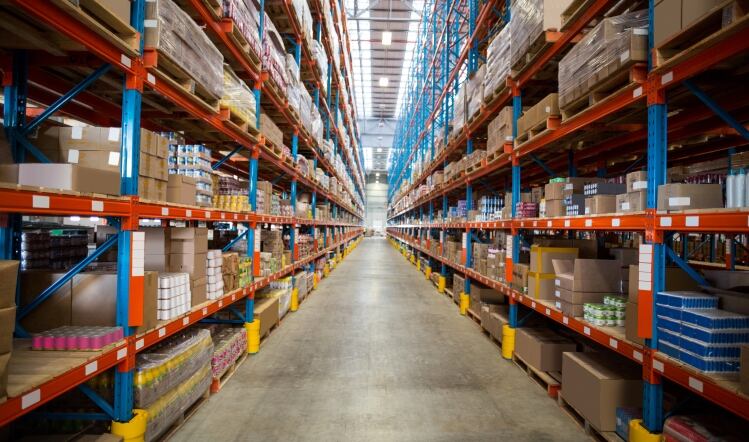Claiming that if Brexit had already taken place, 80% of businesses would not have been ready, Paul Hodges, chairman of business consultancy Ready for Brexit said companies “can’t afford” to be complacent and waste the extension.
“Now that we have an extension, they can stop panicking and start preparing. But ‘no-deal’ remains the default position and businesses need to know how Brexit will affect them,” Hodges said.
Ready for Brexit suggested four steps for businesses to ensure they are ready for the new 31 October deadline.
Four step plan
First, food and drink firms should identify how customs and regulatory requirements will impact them and plan to put correct procedures in place. Second, they need to audit their supply chain partners to identify weak links. Next, with potential disruption on the cards post-Brexit, companies are urged to think about what may happen to their cash flows if delays at ports take place.
Ready For Brexit also advised businesses to future-proof their EU-related sales, purchase agreements and contracts ahead of Brexit to help mitigate costs attributed to the cost of tariffs, customs delays and exchange rate movements.
Finally, companies needed to understand how the status of UK-employed EU citizens might change and check out the positions of UK staff working temporarily or permanently in EU countries.
Plan for worst-case
Businesses should continue to plan for a worst-case no-deal Brexit scenario, said Dominic Goudie, policy manager for exports, trade and supply chain at the Food and Drink Federation.
While there was widespread relief among producers, pushing the date of the UK’s exit from the EU back six months would come at great cost to the industry, Goudie claimed.
“Companies that have spent a lot of money stockpiling ingredients, raw materials and finished products will use them in manufacturing and begin to reduce stockpiles,” he explained. “Oversupply on the market may mean producers will be forced to sell off stockpiles at cost price or at a loss.”
The same applied to packaging, Goudie added. “With the UK remaining until October, this packaging could no longer be valid and manufacturers face a potentially costly decision about whether to hold on to stocks or to recycle.”





